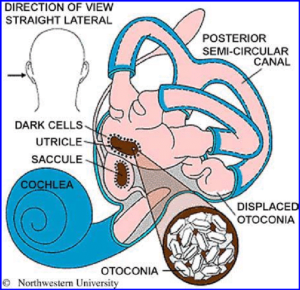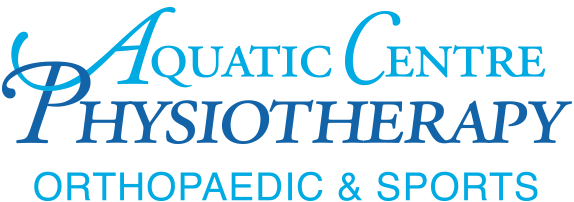
21 Jun 2018
How Physiotherapy can help with dizziness / vertigo
BENIGN PAROXISMAL POSITIONAL VERTIGO (BPPV)
BPPV is a condition brought on by the abnormal movement of small crystals (Otoconia) within the inner ear. When these crystals move from their regular position (in the Utricle), into the semi-circular canals they disrupt the ability of the brain to determine what position your head is in. The typical symptoms are dizziness, light-headedness, imbalance, nausea, and at its worst a feeling that the room is spinning and an inability to focus the eyes.
It is a common condition, and although it is more common in individuals over 65, it can occur at all ages. It is not typically related to any sort of head trauma, and it may only take one to two sessions in order to completely resolve the symptoms. A trained Physiotherapist can treat this issue and can also screen for other related issues including cervicogenic (symptoms related to the neck) and other vestibular conditions.
Activities that bring on the symptoms may vary between individuals, but the symptoms are almost always brought on by a major change in position of the head. Movements such as getting into or out of bed (lying down or getting up from lying); rolling over while lying down; as well as bending over; and looking up, and quick head movements, are common problem motions.
If you have any of the above mentioned symptoms, seek an assessment with a trained professional. While some of your movements and activities may be restricted for a short time after treatment (to get the best results), this is nothing compared to living with the condition for weeks or even months, when it is curable.

